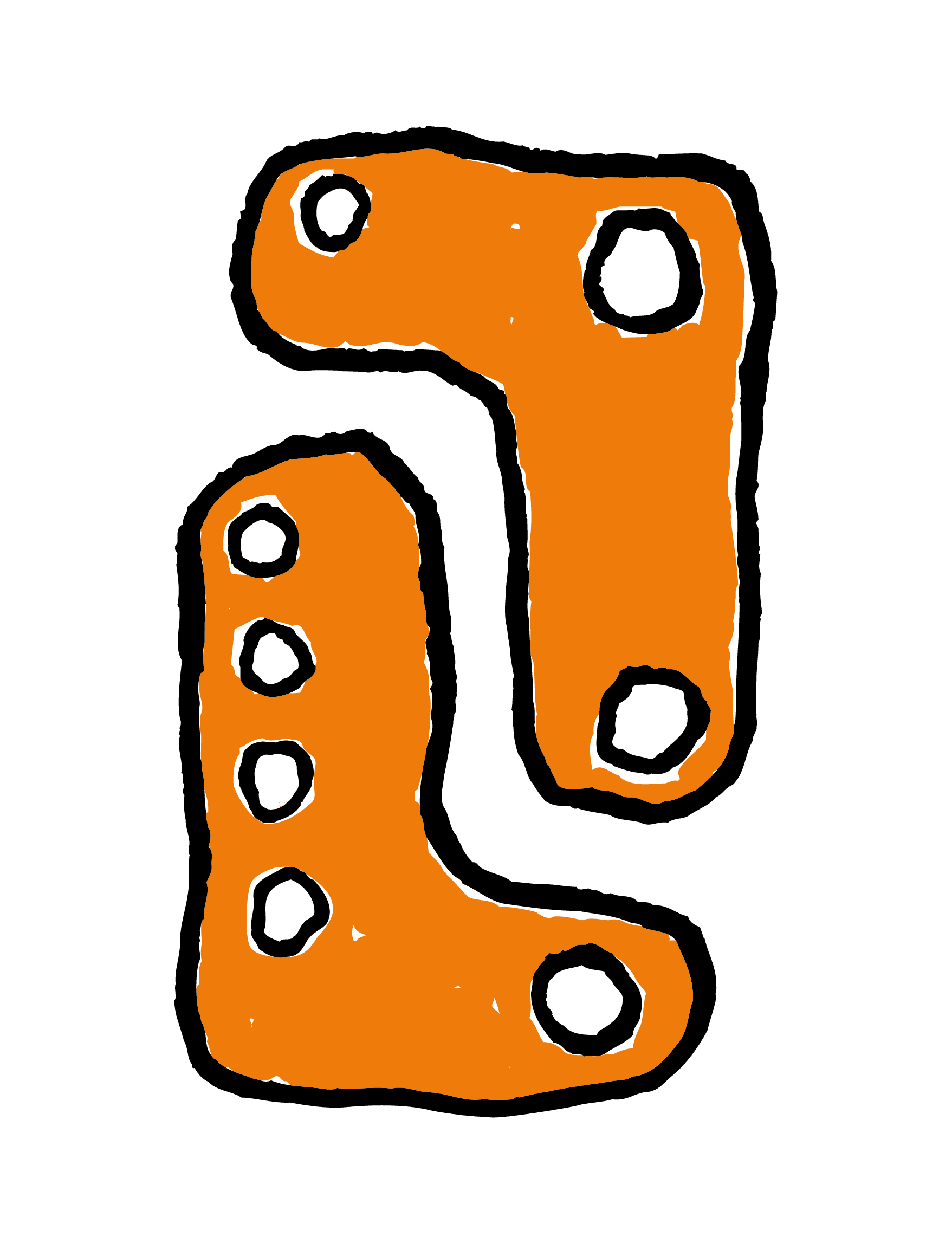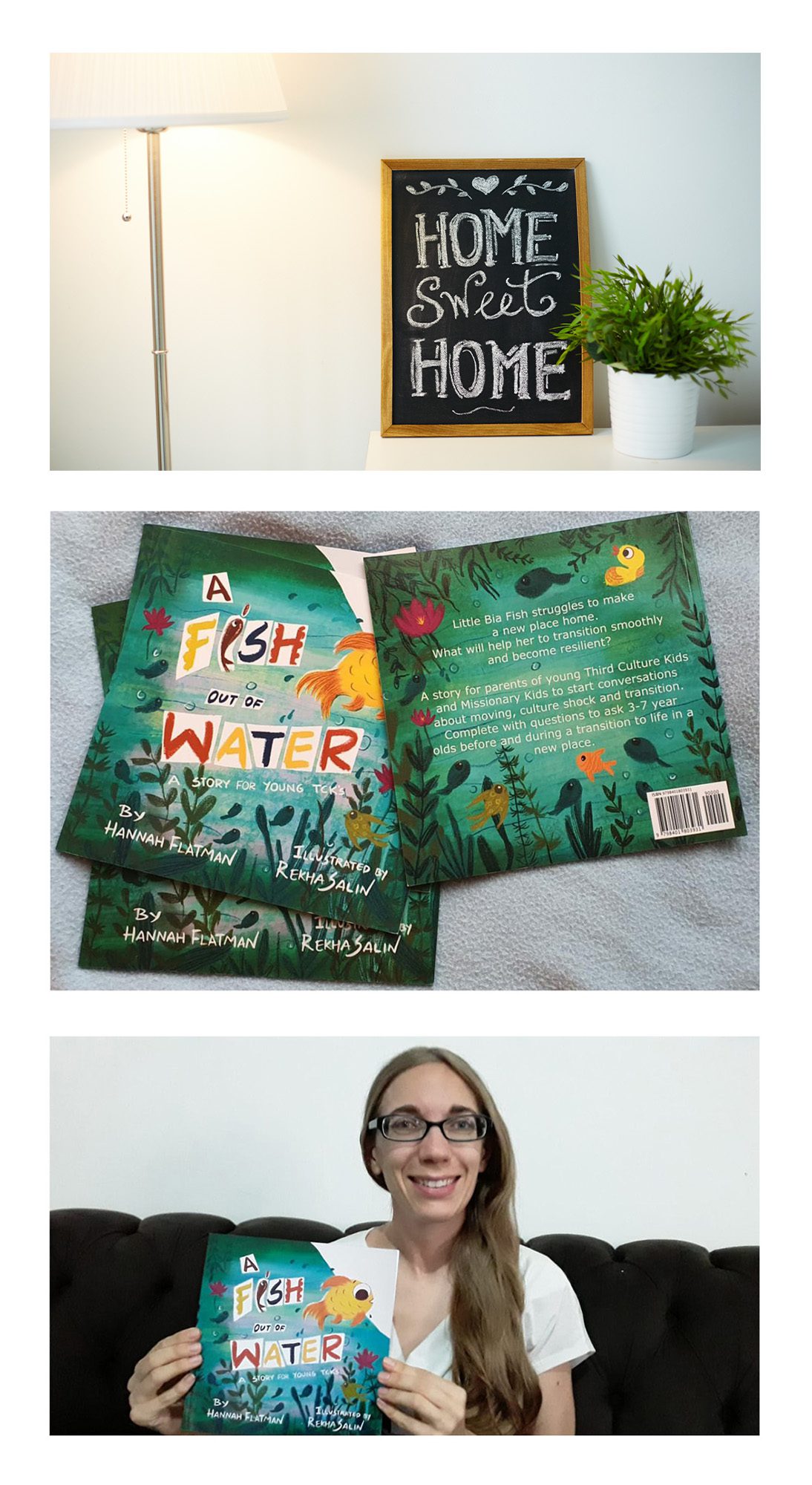If you asked my 4 year old where home is she would have four answers: NE Brazil, England, South Sudan and heaven. In some ways home for her is everywhere and nowhere. She was born in the UK, her little brother in Brazil. She prays for a different country of the world each night – we have prayed over the whole of Africa and South America already, and are now onto Eastern Europe. She’s seen sea turtles hatch and scuttle through the sands of Brazil’s Atlantic coast, volcanic eruptions in Guatemala, and fed giraffes in Kenya. She is an expert traveller, and aged 4 likes to help me with my daily Termo, the Portuguese equivalent of Wordle!
These are just some of the types of experience typical of many Third Culture Kids (TCKs): those who spend a significant part of their childhood outside of their parent’s passport country. It is a life between homes. Her experiences in these formative years have shaped her to be outgoing and friendly, she has an amazing way of drawing people in, is compassionate and empathetic, emotionally intelligent, independent and wise beyond her years. Her Brazilian-born little brother shares many of these characteristics!
But the life of many Missionary Kids like our two is both wonderful and tough. They have said too many goodbyes, the kind where you don’t know for how long, if ever, you will see each other again this side of heaven. They long to belong, to share an identity with others around them. On some days home is thousands of miles away in the UK, other days they forget the English word for something.
A few years ago I wrote a story called A Fish out of Water about a little fish called Bia, who has several homes and struggles to feel she belongs in her new place. The story talks about culture shock, cross-cultural moves, and where home is. Bia comes to understand that her home is ultimately with our Creator God.
We wanted to share Bia Fish’s story with other Cross-Cultural Kids, Third Culture Kids and Missionary Kids going through significant cross-cultural transitions. Rekha Salin’s beautiful illustrations capture Bia Fish’s emotions perfectly. Rekha really identified with the story as her family have homes in both Bahrain and India. A Fish out of Water is now available from various Amazon marketplaces around the world, so that TCK caregivers can use it as a conversation starter with their young children as they make a new place home, wherever that is.
Home is where a part of our heart is. Home is where family are. Home is with God.
As TCK caregivers we want our little ones to grow in resilience, cultural intelligence and to feel at home, somewhere if not everywhere.
Some ways in which we have helped our little ones to make a new place home and keep the connection with their homes in other places:
- Talking about transitions as a family, recognising that home may be in different places for different family members.We try to have regular check-in times where we use stories, creative play and art to open up conversations about transitions, grief and loss.
- Reading books by TCK specialists like Jan Greenwood and Lauren Wells
- Speaking English at home (unless we have guests), and Brazilian Portuguese on the streets and everywhere else!
- Learning NE Brazilian recipes, participating in cultural events and celebrations.
- Making friendships and sharing our lives with others, not just serving them through our ministry.
- Maintaining contact with family and friends in other places, by sending photos, audios and videos of the children. Our kids love Zoom story times with their grandparents, birthday parties where we share recipes for the cake so everyone can have a slice, and games involving everyone from their individual screens around the world.
These are just a few ideas which we have found useful as a family as we move homes and transition between cultures and places.
My prayer is that A Fish out of Water is a helpful tool for families of young children to navigate cross-cultural transitions. May it open up conversations about culture shock, grief and loss. And may it bring special moments of family connection in the chaos of rooms of half-packed cases, long journeys and in making a new home.



